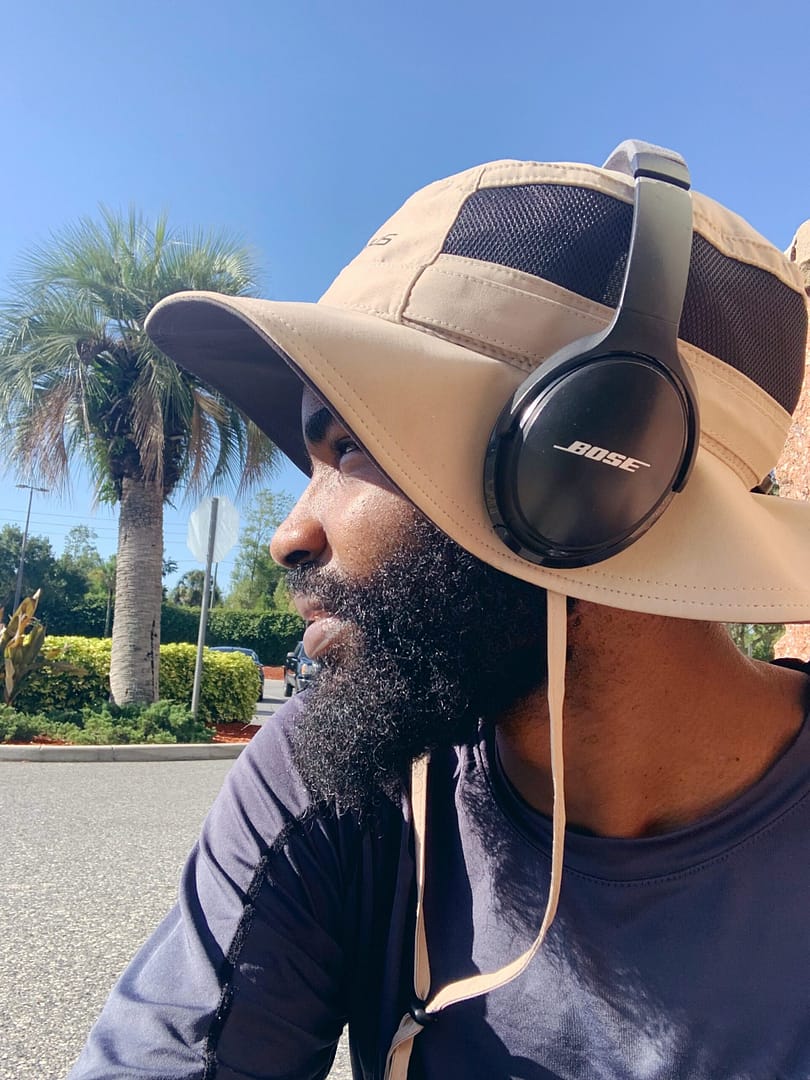The Quest for True Belonging and the Courage to Stand Alone
The dark does not destroy the light; it defines it. It’s our fear of the dark that casts our joy into the shadows.” — Brené Brown
Braving the Wilderness book by Brene Brown takes us on a journey to find what it really means to belong.
In a world that can feel lonely and disconnected, Brown shows us that belonging isn’t about fitting in or following the crowd. Instead, it’s about being your true self, even if that means standing alone at times.
Brown, known for her research on vulnerability and courage, shares personal stories and deep insights that will make you rethink the way you connect with others. She encourages us to embrace discomfort, to stop pretending to be someone we’re not, and to show up authentically, no matter how scary it feels.
This book isn’t just for those struggling with loneliness; it’s for anyone who wants to create real connections, both with themselves and others.
If you’ve ever felt like you don’t belong, Braving the Wilderness is a reminder that the path to true belonging starts with being brave enough to be yourself. Below, are some of my favorite takeaway from the book.
Braving the Wilderness
KEY TAKEAWAY
- True belonging only happens when we present our authentic, imperfect selves to the world.
- Our sense of belonging can never be greater than our level of self-acceptance.
- Belonging to ourselves means being called to stand alone—to brave the wilderness of uncertainty, vulnerability, and criticism.
- We’re connected by something greater than group membership, politics, and Ideology. We’re united by love and the human spirit.
- No matter how separated we are by our thoughts and beliefs, we are part of the same spiritual story.
Spirituality is recognizing and celebrating that we are all inextricably connected to each other by a power greater than all of us and that our connection to that power and to one another is grounded in love and compassion.
- To know you can navigate the wilderness on your own—to see that you can stay true to your beliefs, trust yourself, and survive it—is true belonging.
- When we are willing to risk venturing into the wilderness, we feel the most profound connection to our true selves and what matters the most.
- Our emotions are great teachers and hold so many powerful messages and insights. But, unfortunately, it’s only when we can step back and observe them, rather than getting lost in them, that we can benefit from the natural juiciness that’s held in that space.
Putting BRAVING into practice
The acronym- B.R.A.V.I.N.G. stand for:
Boundaries: Learning to set, hold, and respect boundaries. The challenge is letting go of being liked and the fear of disappointing people.
Reliability: learning how to say what we mean and mean what we say. The challenge is not over-committing and over-promising to please others or prove ourselves.
Accountability: learning to step up, be accountable, take responsibility, and issue meaningful apologies when we’re wrong. The challenge is letting go of blame and staying out of shame.
Vault: learning to keep the confidence and recognize what’s ours to share and what’s not. The challenge is to stop using gossip, familiar enemy intimacy, and oversharing to hotwire connections.
Integrity: learning to practice our values even when uncomfortable and hard. The challenge is choosing courage over comfort in those moments.
Non-Judgment: learning how to give and receive help. The challenge is letting go of “helper and fixer” as our identity and the source of our self-worth.
Generosity: learning how to set the boundaries that allow us to be generous in our assumptions about others. The challenge is being honest and transparent with others about what’s okay and not okay.
One thing I know for sure is that when we commit to a path of really, truly knowing ourselves, we commit to growth and in that space of growth comes awareness. A realization that we’re enough, and a deeper knowing that the life that we secretly hoped for but never really thought was possible already is. —Brene Brown.
The truth about who we are lives in our hearts. Our call to courage is to protect our wild hearts against constant evaluation, specifically our own.
About the Author:
Brené Brown (born November 18, 1965) is a research professor at the University of Houston, where she holds the Huffington Foundation – Brené Brown Endowed Chair at The Graduate College of Social Work. She has studied courage, vulnerability, shame, and empathy for the past sixteen years. She is the author of four #1 New York Times bestsellers – The Gifts of Imperfection, Daring Greatly, Rising Strong, and Braving the Wilderness: The Quest for True Belonging, and The Courage to Stand Alone.
Brown’s Ted Talks – The Power of Vulnerability – is one of the top five most viewed T.E.D. talks globally, with over 30 million views. In addition to her research and writing, Brown is the Founder and C.E.O. of BRAVE LEADERS INC., an organization that brings evidence-based courage-building programs to teams, leaders, and organizations.
This summary is not intended to replace the original book; all quotes are credited to the author and publisher.






![Spirituality & Mindfulness [Book Summaries & PDF] Spirituality & Mindfulness [Book Summaries & PDF]](https://mlfwe0uloqyb.i.optimole.com/w:150/h:150/q:mauto/rt:fill/g:ce/ig:avif/https://www.leapessence.com/wp-content/uploads/2017/10/shutterstock_424779253-1.jpg)





